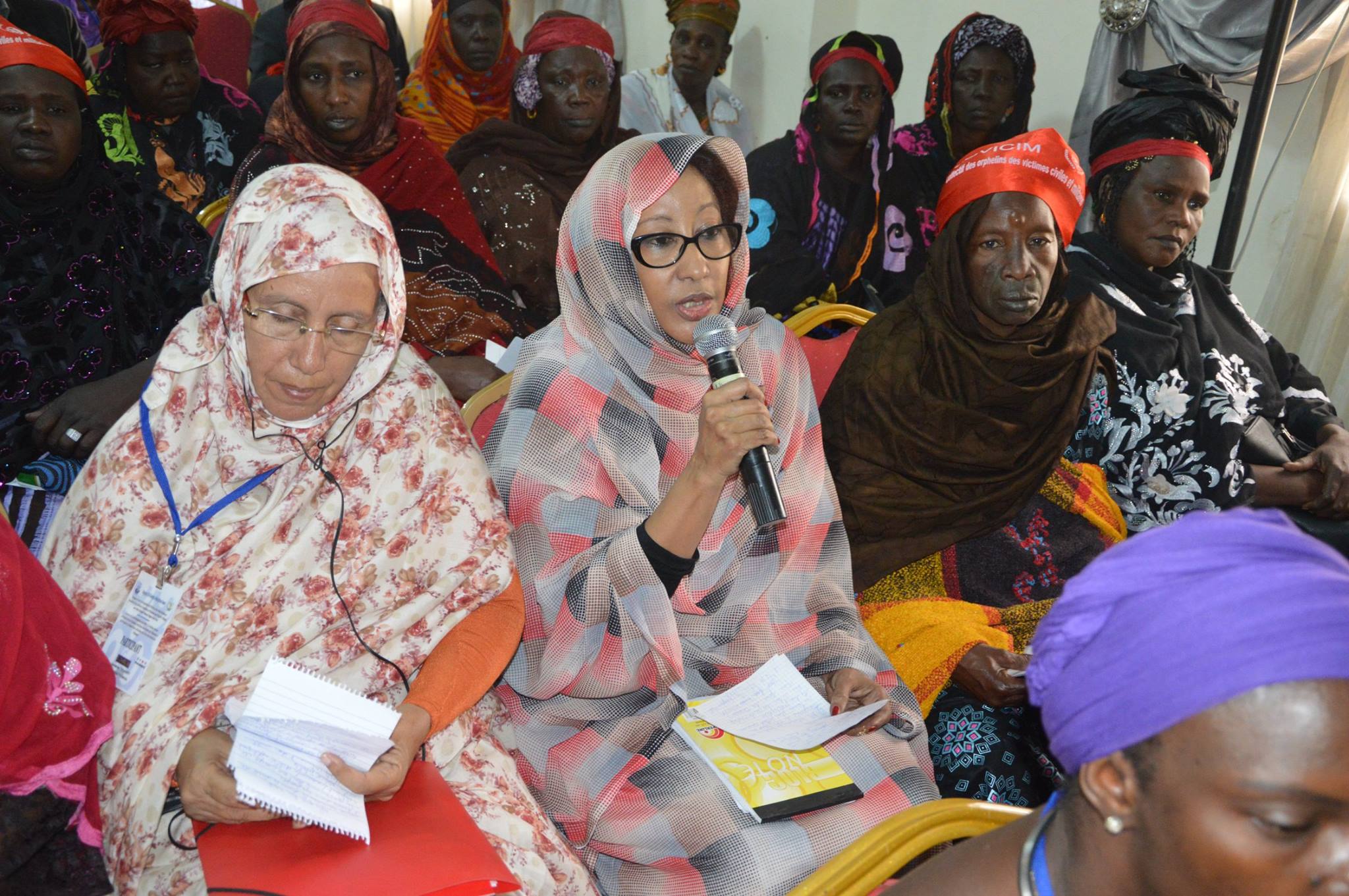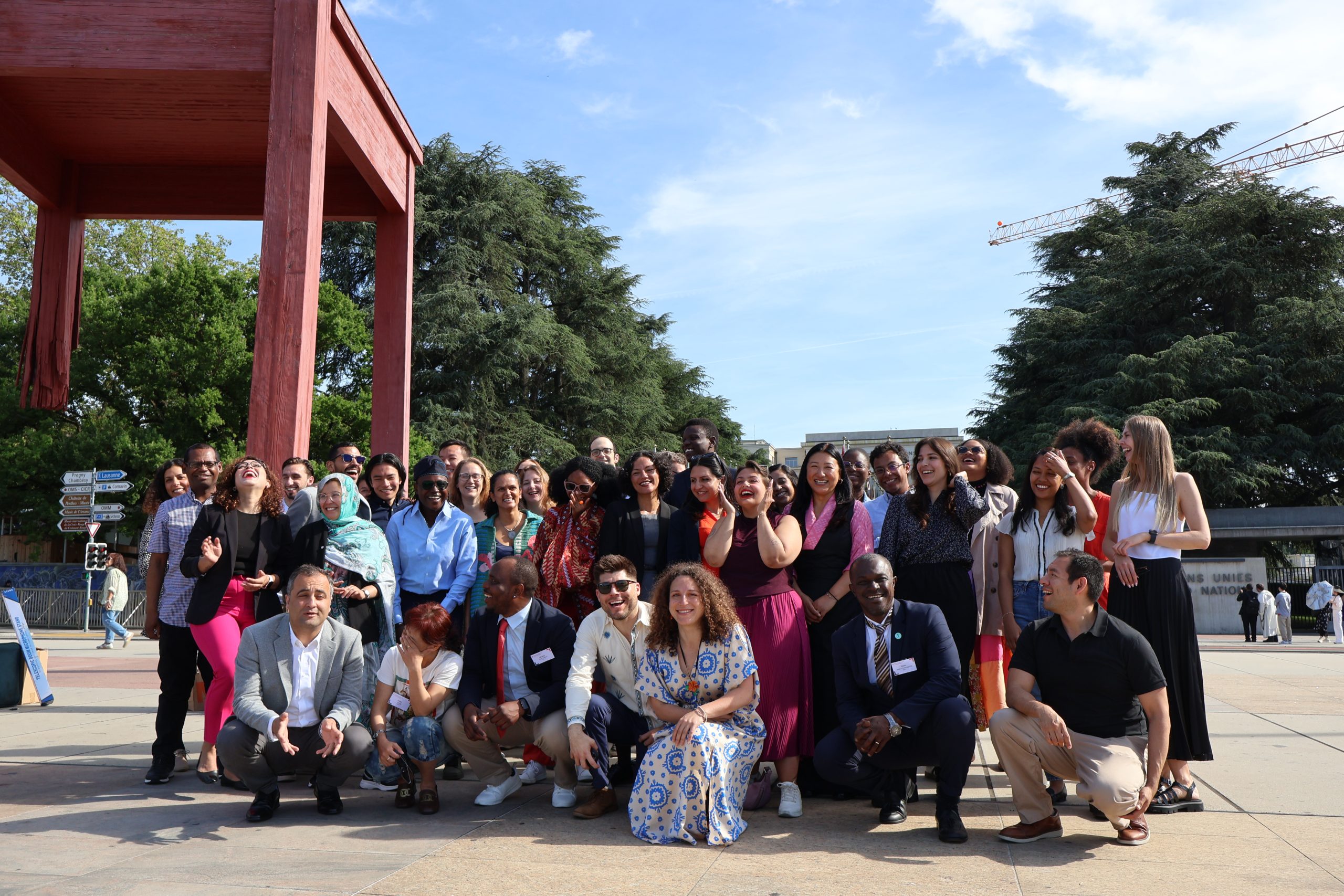This year marks the 20th anniversary of the UN Declaration on human rights defenders, which has contributed both directly and indirectly to a number of significant developments at the international, regional and national levels. As one aspect of implementing the Declaration, several countries have developed specific guidelines on the diplomatic protection of human rights defenders (HRDs), including Canada, the EU, Switzerland, Norway, and Finland.
Although these guidelines on HRDs have been widely welcomed, little evidence is available on the actual impact of the guidelines on HRDs at risk. In order to assess the impact of such guidelines, ISHR presented them and compared the protection they offer to defenders to participants.
‘These guidelines intend to respond to an increasingly challenging context for those working to defend human rights,’ said Vincent Ploton ISHR’s Director of development and treaty body advocacy. ‘Yet much remains to be done to ensure their dissemination towards human rights defenders and diplomats,’ he added.
During the event, participants told of engaging with some of the embassies representing countries with such Guidelines, for instance during national elections in Sierra Leone, to discuss funding opportunities or prepare the universal periodic review. However, it was clear that defenders were mostly unaware of the existence of such Guidelines and how they can make use of them.
ISHR subsequently highlighted the study undertaken by the UN Special Rapporteur on HRDs two years ago where he found that only one third of interviewed defenders were familiar with such diplomatic initiatives.
The participants expressed the need for cooperation with diplomatic missions to raise awareness on the existence of these guidelines and emphasised the important role they could play in the protection of defenders. Participants also identified measures to maximise the implementation of these guidelines and HRD awareness.
Recommendations:
- Increase media campaigns (digital press, TV, social media etc.) and ensure the dissemination of these diplomatic guidelines as widely as possible within human rights defender networks;
- Build capacity for human rights defenders on how to effectively use these guidelines and engage with the diplomatic missions concerned;
- Increase the number of meetings between human rights defenders and the diplomatic missions concerned, especially defenders working in remote areas of the country;
- Diplomats should receive mandatory trainings on the existence of these guidelines and what they entail before commencing their diplomatic posting.
Photo: African Center for Democracy and Human Rights Studies




